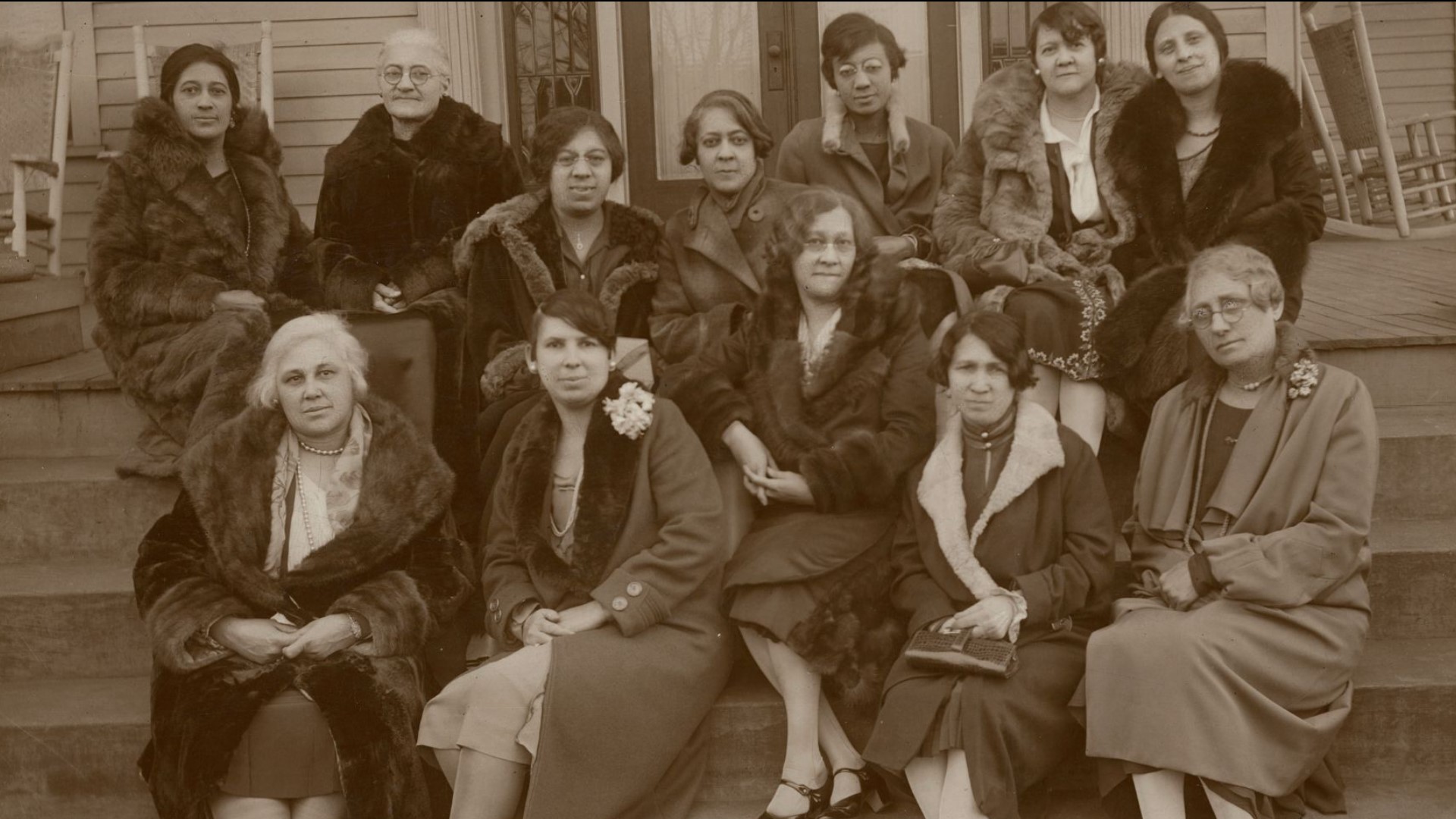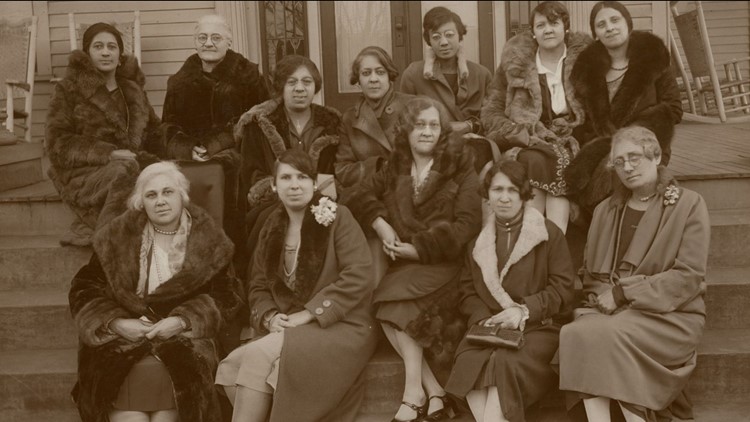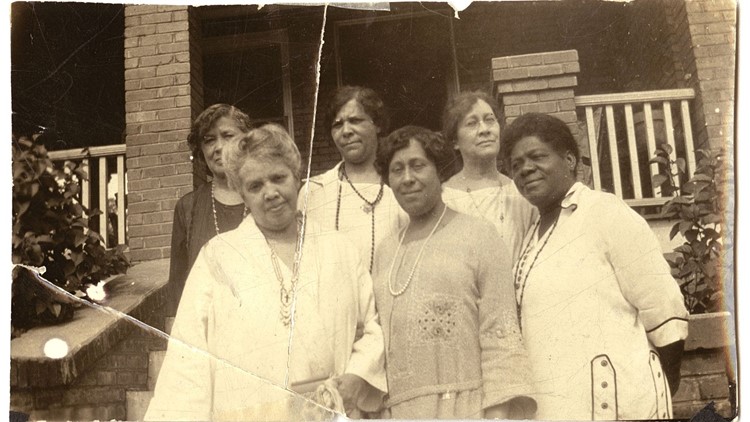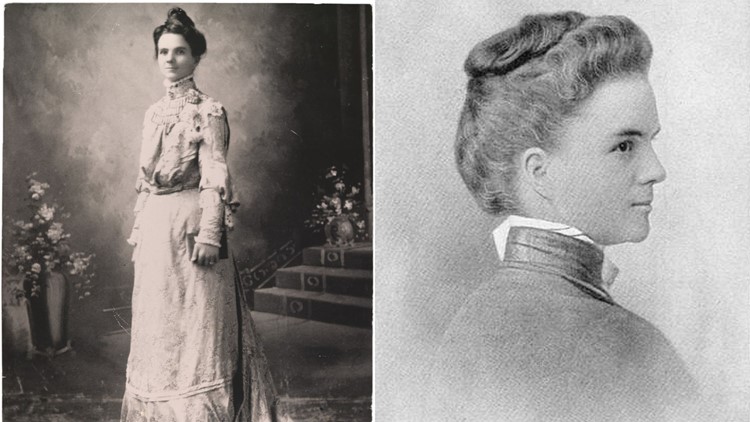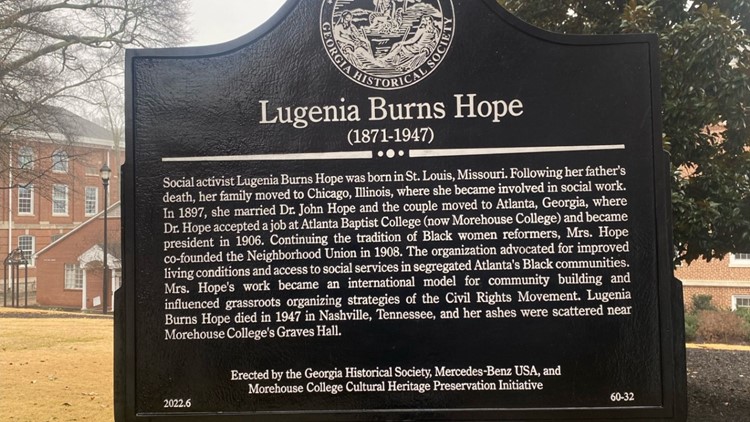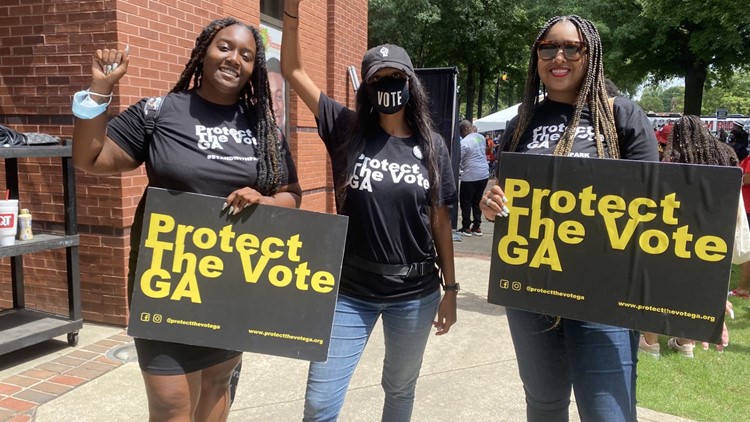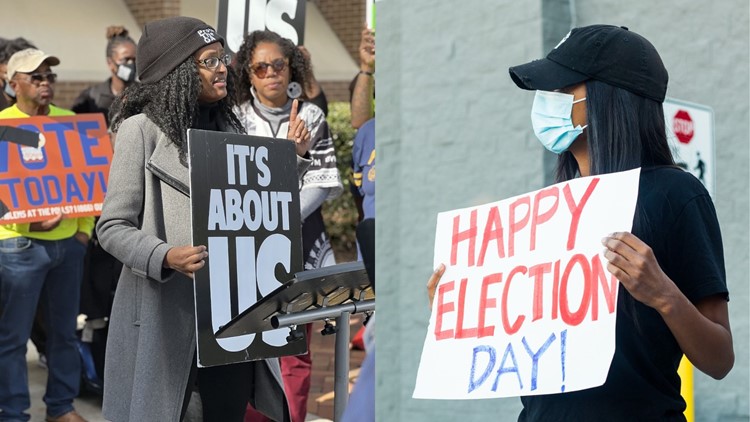ATLANTA — Black women are a strategic force in the ongoing fight for voting rights, and that couldn't be more true in Georgia. History will show they always have been - even when no one wanted them to join.
"You don't see a lot of Black and brown faces in leadership, for lots of reasons, primarily because of the patriarchy," Kendra Cotton, CEO of The New Georgia Project, said. "And so, for me, I think it's important when you see a Black woman."
The organization was founded in 2013 by former Georgia Gubernatorial Candidate Stacey Abrams and works to educate voters on their rights and encourage them to engage in the electoral process.
"I always kind of go back to the history of my own sorority, Delta Sigma Theta, and that we marched alongside a lot of those white women," Cotton said. "But, you know, you won't see us depicted in many of the retellings of the suffrage movement."
An unyielding commitment
Cotton's office is filled with small reminders of the work she is trying to accomplish and the people who she said have laid the foundation for her. Images of voting protests in the nation's capital and an artistic portrait of a Black suffragette have pride of place near a shelf of elephants, a symbol for her sorority.
"When you talk about the right to vote, even the women's suffrage movement, Black women were not elevated," she said.
It's why Cotton said she believes it's important for her to continue her work so future generations can learn from her example.
Unveiling pioneering suffragettes
The fight for women's suffrage in the U.S. ran alongside the abolition movement. As such, Black women found themselves at the intersection of the fight for both freedoms.
"Even as they fought for the rights of human rights, European-American women, white women discriminated against Black women who also were fighting for the rights," Dr. Mryrick-Harris, higher education administrator, scholar/activist, and public historian at Morehouse College, said.
Figures like Adella Hunt Logan, a daughter of a free Black woman and an enslaver, disrupted societal norms, challenging the structures set for them. Logan's education and involvement in women's clubs dedicated to improving Black women's lives, including the right to vote, is a testament to her resilience.

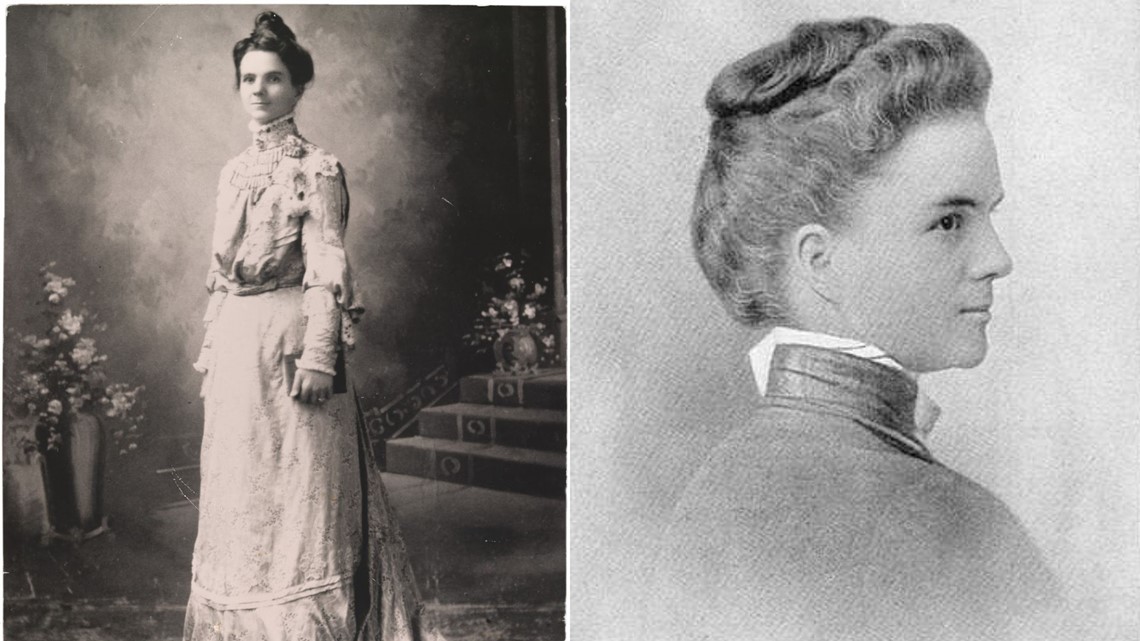
Logan was born in Sparta, Georgia. Dr. Beverly Guy-Sheftal, founding director of the Women's Research and Resource Center at Spelman College, said that her father ensured her education despite her background.
"She was a daughter of a free Black woman and a slave master, (and) ended up, of course, being educated at Atlanta University here in Atlanta," Guy-Sheftal said. "They offered her a teaching job, and she decided to go to Tuskegee."
At Tuskegee, Logan met her husband and became a driving force behind the women's clubs in Alabama. In addition to campaigning for the right to vote, Logan championed other causes, including working opportunities for Black women.
In Atlanta, Lugenia Burns Hope founded the Atlanta Neighborhood Union to improve services and living conditions in Atlanta. Born in Chicago, she was active in social work at King Daughters and Hull House before moving to Atlanta with her husband, Dr. John Hope, who taught at Morehouse College.

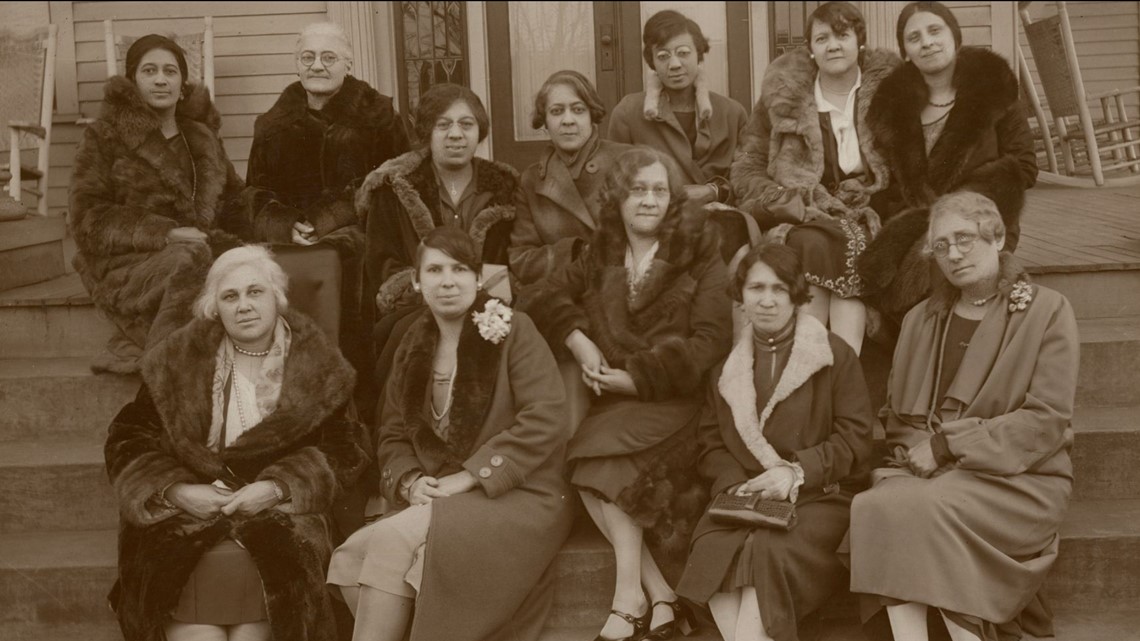
Seeing the struggles in Atlanta's Black neighborhoods, Hope and other women established NU in 1908. She led NU until 1935, organizing Morehouse students to survey neighborhoods and address needs. NU divided the city, with representatives advocating for communities.
Hope also contributed to organizations like the YWCA, NACW, Hoover’s Colored Advisory Commission, and the NAACP. She passed away in 1947, and her ashes were placed near Graves Hall at Morehouse College.

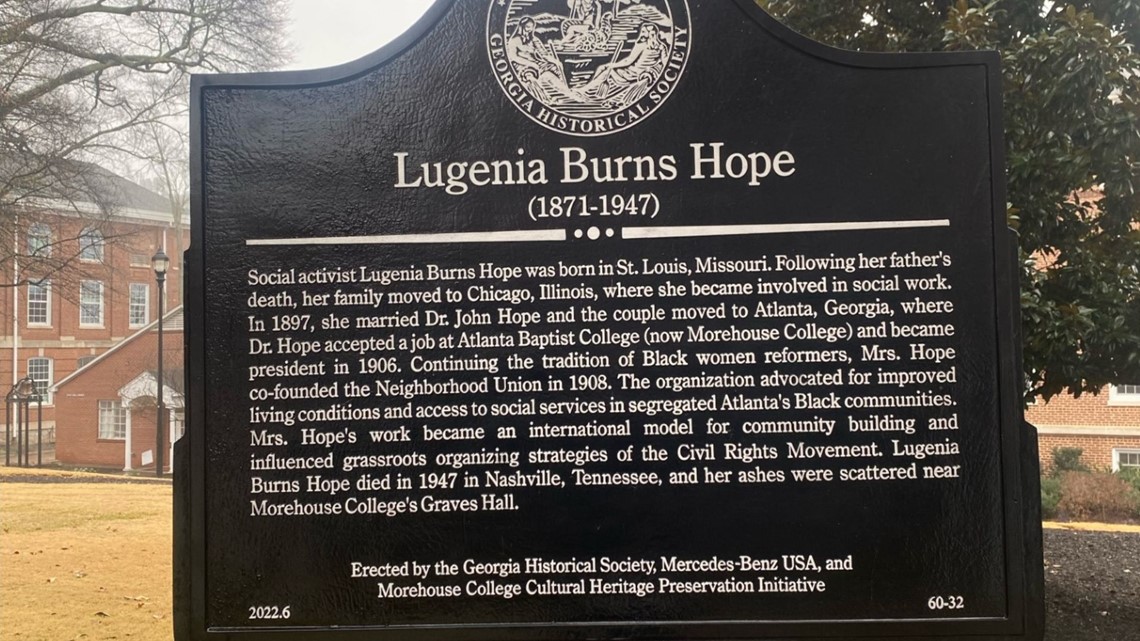
Continuing the legacy
Hannah Gebresilassie, co-founder and executive director of Protect the Vote, steps into the spotlight. Gebresilassie, alongside her co-founders, recognizes the importance of learning from past movements and actively closing gaps.
"It's another election year that we are ready to step up to the plate and ensure that our communities have the resources that they need," Gebresilassie said.
Their dedication is part of a larger movement where countless Black women, like Cotton, are finding innovative ways to engage voters, aiming for a more equitable future.

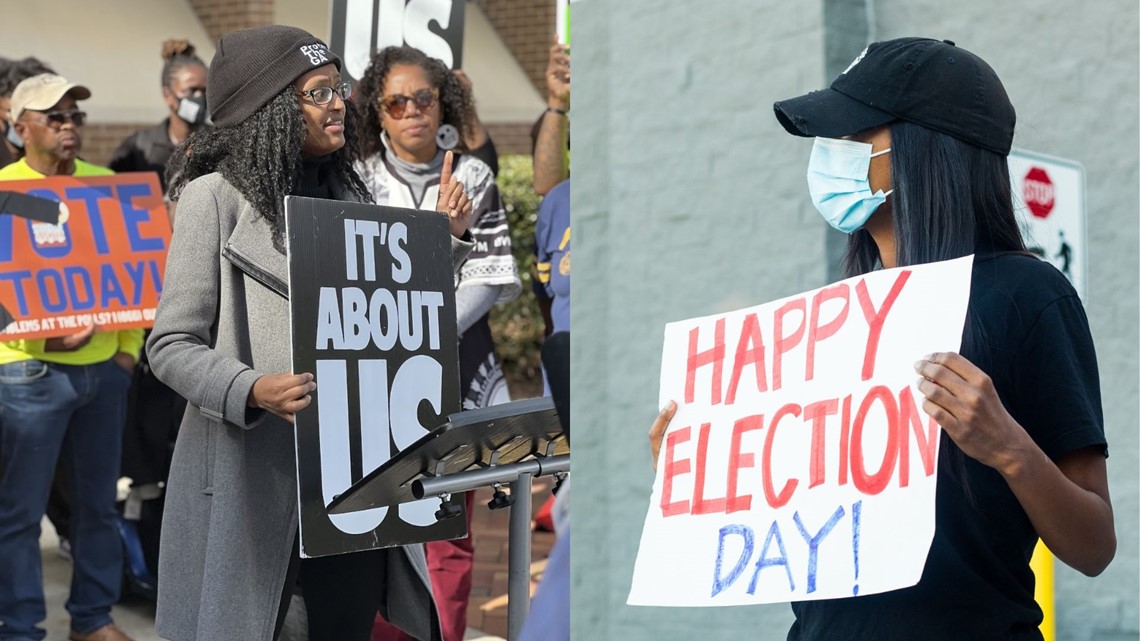
Black women's enduring role in the fight for voting rights then and now
11Alive invites you to embark on a journey of unapologetic stories that have shaped Atlanta's past, present and future this Black History Month. Check out our collection of stories: "DREAM x DISRUPT: Black Atlanta's Bold Movement" at 11alive.com/blackhistory.

